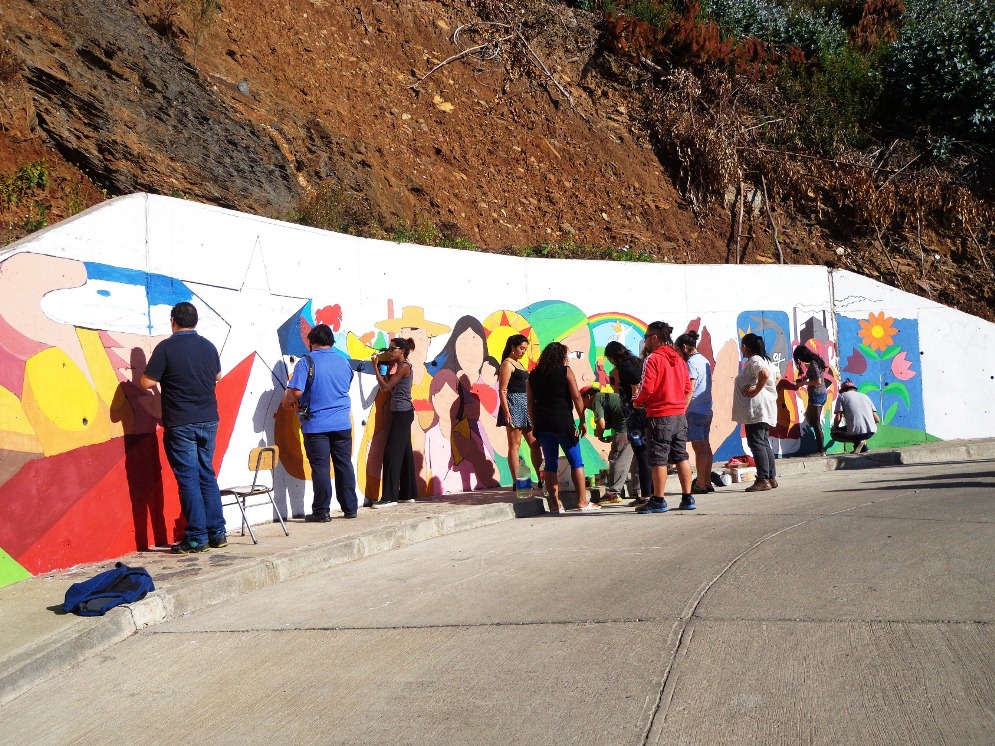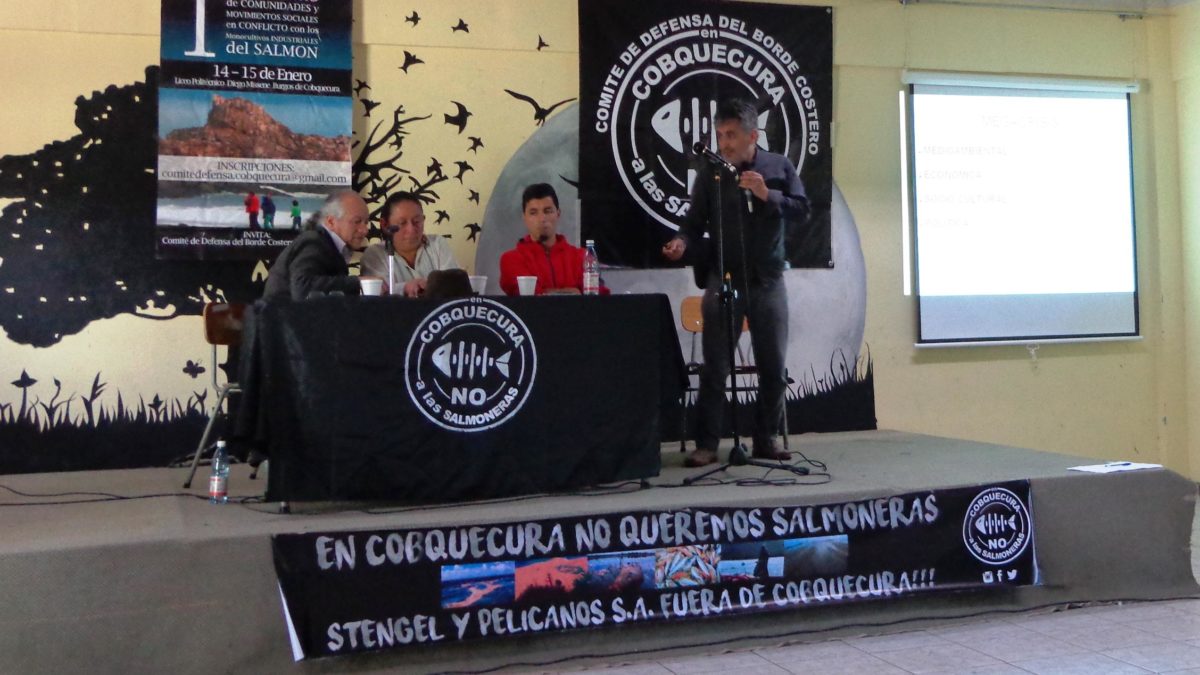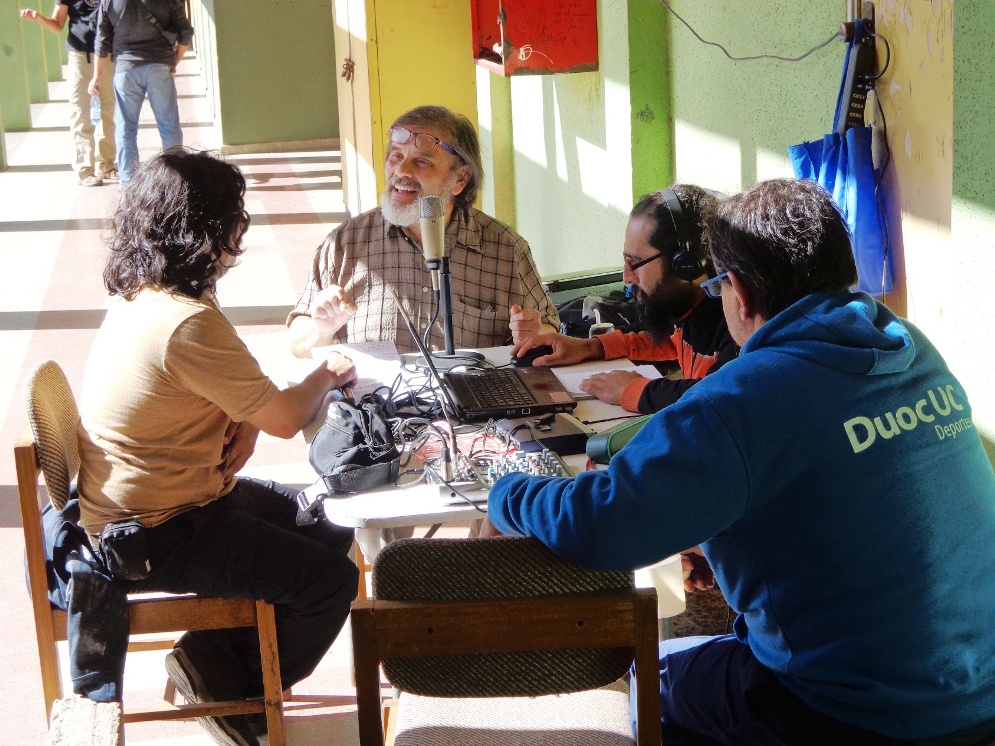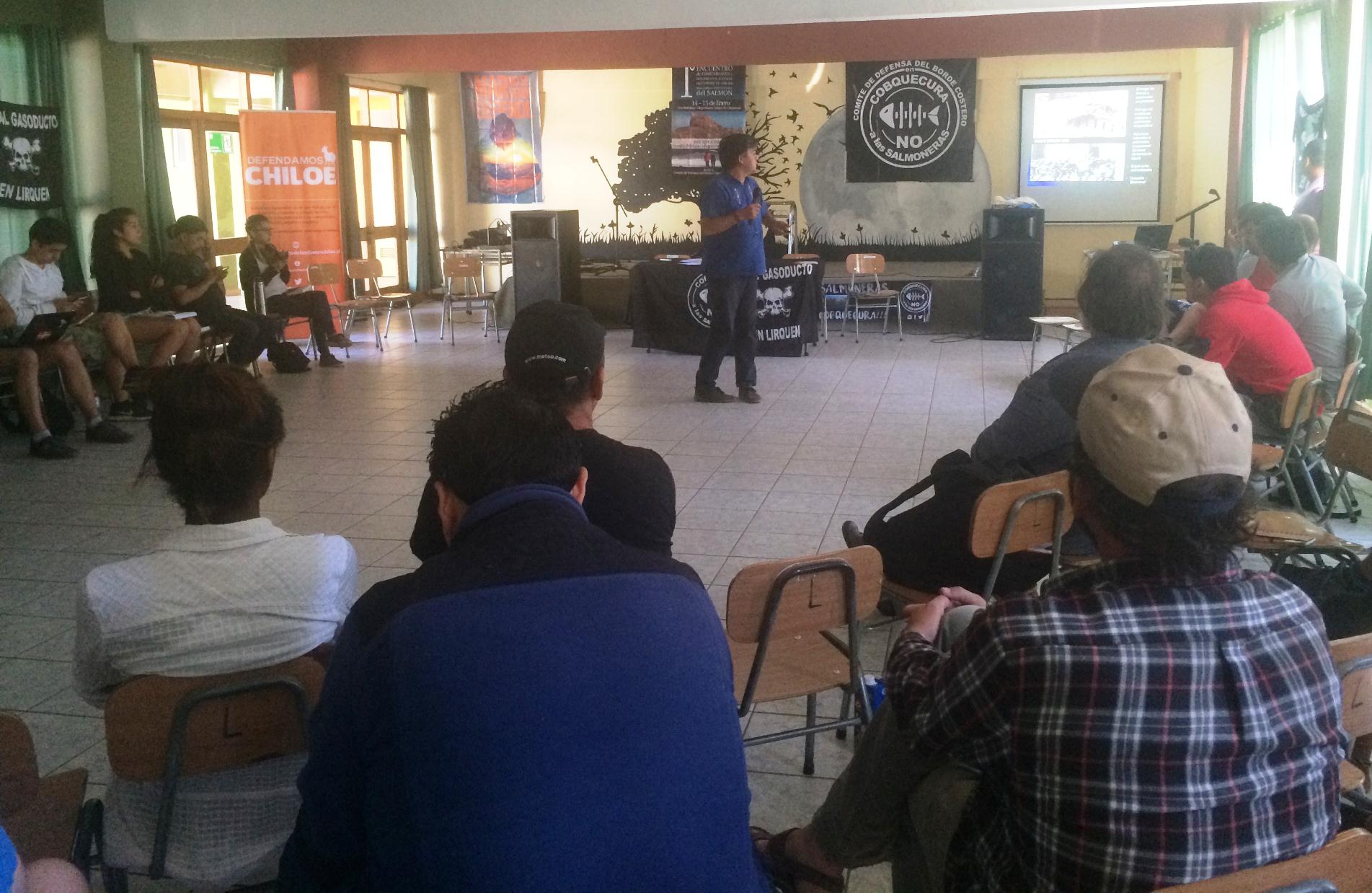Broad Opposition to the extractivism model and the expansion of the salmon industrial monocultures in south of Chile
Under the two days the participants shared presentations, compared experiences and strategic visions on how to deal with the extractivism model, imposed in the regions of the South of Chile and its destructive environmental, health and productive and social impacts in coastal areas.
Photos and translation Madicken Hagstrom
Cobquecura, Chile, the 21 January2017 (Ecoceanos News). Between the 14 and the 15 of January,a first intercultural gathering occurred in the commune of Cobquecura in Bio Bioregion, about the coastal communities, indigenous peoples and social movements in conflict with the monoculture industrial of the salmon, announced bytheComité de Defensa del BordeCosteroin Cobquecura.
There were more than 50 participants, representing different organisations, citizens, social movements and cultures, traditional fishermen, Mapuche peoples,local farmers,teachers, inhabitants, surfers and touristcompanies coming from Chiloé and from the regions of the Los Lagos, Araucanía, Bio Bio and Maule.
During two days the participants shared presentations, compared experiences and strategic visions on how to deal with the extractivism model, imposed in the regions of the South of Chile and its destructive environmental, health and productive and social impacts in coastal areas. 
Proposals for action.
The meeting concluded with the following agreements:
To operate together for the elimination of the corrupt Chilean fisheryand aquaculture law, the strengthening of the alliances of the local communities and movements of the Patagonia regions, archipelago of Chiloé and the territory of the Wallmapu (Mapuche regions of Bio Bio, Los Rios and Los Lagos), together with the moratorium to the new salmon concessions and elimination of the salmon industry in the territories of the South of Chile.
Also it is agreed to support the international boycott campaign of the consumption of salmon produced in the South of Chile, due to the abusive use of chemicals, mainly antibiotics, and their impacts on the public health, the aquatic environment and the rights of the coastal communities, consumers, indigenous people, tourism operators and citizens.
There were 24 organisations participating in the meeting, together with leaders, fishermen and environmental organisations, which are against the project Octopus,the gas terminal in the Bay of Talcahuano.[1]Under the meeting there were also different independent and popular medias broadcasting the meeting.[2]
________________________
[1]TodosSomosCobquecura, DefendamosChiloé, EcoChiloé, ChiloéEstaPrivao, Defensa del Mar de Mehuín, Centro Ecocéanos, Germina, IglesiaCatólica de Cobquecura, Municipalidad de Cobquecura, Cesfan de Cobquecura, Codeff, Terram, Greenpeace, Vigilante Costero, Comité de Defensa del Mar de Cobquecura, Red por la Defensa de los Territorios-Araucanía, Movimiento de Defensa y Recuperación de los Territorios Macro Zona Sur, BordeCostero Bio Bio-Coronel, CoordinadoraChorera de Talcahuano, DefensaAmbiental de CoordinadoraDefensa Territorial del Bio Bio, ADEMA de Putú , JJVV Nonguén, Comité de Defensa de Pullay, Comité de Defensa de Comuyao, DefensaLirquén.
[2]El Ciudadano, Mapuxpress, Radio Cobquecura, Radio Placeres de Valparaíso, Radio del Mar and Radio Candelaria.







